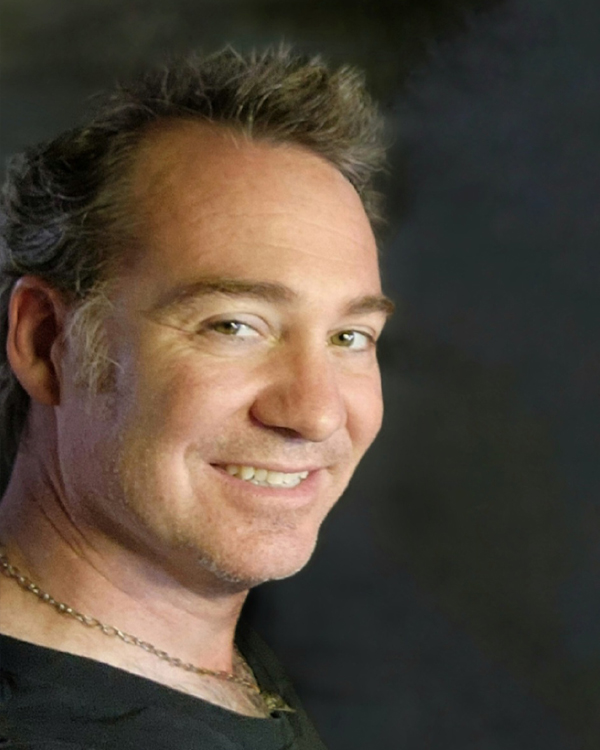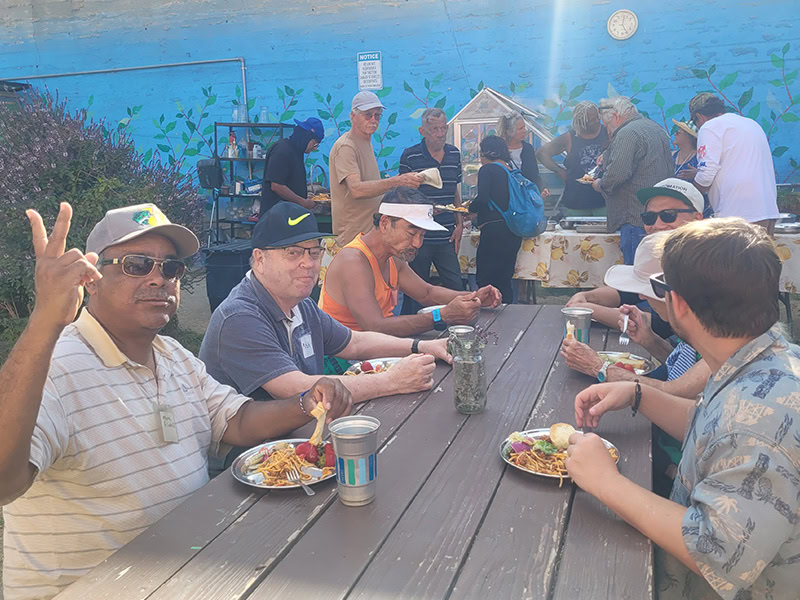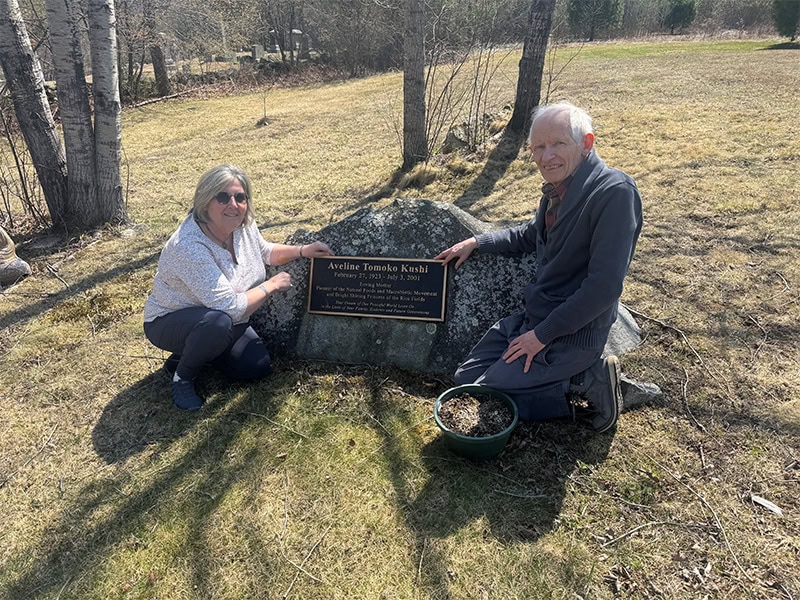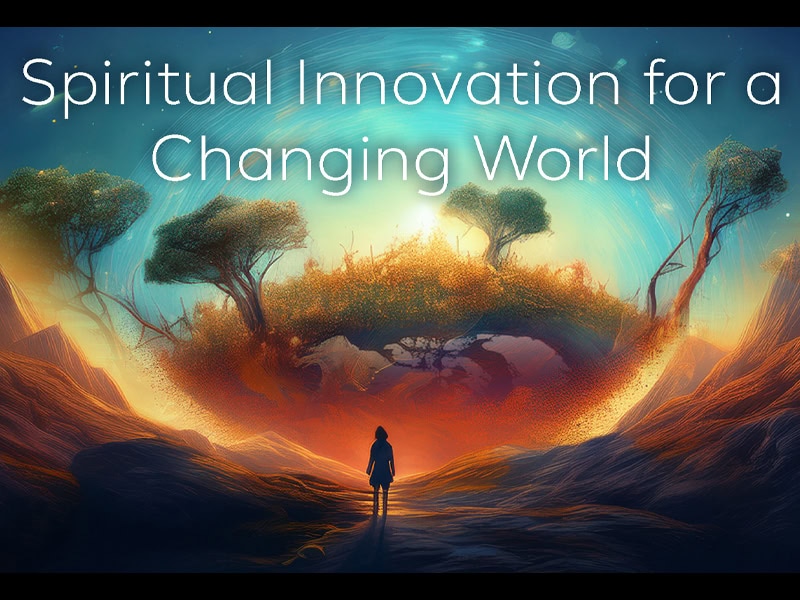By Michael Robbins
Salvation through faith alone is discussed frequently among Christian organizations such as Swedenborgians, who wonder how some Christians testify that this faith must be obtained during life on earth. The controversy is centered around whether one can only access heaven by accepting (or saying they accept) a deity while living on this planet, and is addressed in my short, satire video, Heaven Crashers (https://bit.ly/430rcmD).
Stories from Beyond
For context and potential evidence, I reviewed dozens of near-death experiences (NDEs), which are more prevalent with modern life saving technology. We did not have such easy access to accounts of NDEs thirty years ago—just a few books in rare mystic stores down cobblestone streets. Today we can access thousands of NDE testimonials on nderf.org and YouTube. Many accounts of near-death experiences say that the way we treat one another is far more telling than the belief in Jesus in advance of meeting him.
The National Library of Medicine (NLM) says 83% of people who nearly (permanently) died report nothing. Some of the 17% who have an experience share enlightening discoveries! The 2014 study says nine out of fourteen blind from birth subjects had detailed vision. “This is also further evidence that NDEs are not a product of what NDErs would have expected to occur during a life-threatening event.”
Life Review
Many NDEs involve life reviews, which are typically described more elaborately than a flashing before the eyes. Emanuel Swedenborg and NDEs teach that life reviews are uncomfortable but necessary to purify us. The prevalence of life reviews in NDEs suggest that it is not enough to believe in the existence of something – one must repent. Said otherwise, our capacity to acknowledge the universal connection may require the life review.
Former atheist Nancy Rynes on Megyn Kelly TODAY reported being educated for some time in a glorious pre-heaven. Initially Rynes thought, “If I died, then why am I here (heaven) because I don’t believe any of this?” Arguably she may not have been in Heaven proper, but it was a place of love, beauty, and included a life review. Another former atheist, Betty Guadagno, reported initially being mad that she was wrong, before being overcome with the feeling of wholeness.
The way these life reviews occur is more consistent than other parts of NDEs. Life reviews in NDEs are usually described as self-judgment in the company of compassionate beings, where humbly asking for and accepting forgiveness is necessary, but not all agree.
NDE Denial
NDEs are not 100% consistent, and NLM reported 4% of subjects encountered beings in the “after life” who were alive at the time of the NDEs, consistent with the findings of the Kelly study.
A frequently cited research report to disprove NDEs is based on the drug DMT, which is related to Ayahuasca, a psychedelic. The study excluded dark NDEs, and the placebo group had a higher prevalence of a “life review” than those subject to DMT. Allen O. wrote in May 2023 on NDERF, “I’ve used every psychedelic out there. I don’t [know] why people say DMT is like a near death experience. It’s not. Nothing comes close to what I experienced.” A review of a dozen Ayahuasca trips did not demonstrate the same consistency among documented NDEs.
A 2014 study at Michigan Medicine monitored the brain activity of four patients being pulled from life support. A May 2023 review of the data by the Proceedings of the National Academy of Sciences described a three-minute surge in gamma wave brain activity in two of the four subjects. It not only speaks to the inconsistency that exists, but also to the small number of subjects necessary to make headlines on this topic.
If NDEs were just the misfirings of the mind due to oxygen deprivation, wouldn’t there be some NDEs that go from euphoria to blackness to awakening? Those who briefly entered heaven are frequently told, “It’s not your time; you have more work to do,” just prior to them awaking in their resurrected bodies. Such consistency encouraging being of use is more Swedenborgian than indicative of mental malfunctions. There was no explanation for how detailed thoughts occur for a half hour after brain-death or numerous reports of activities outside of the room.
Some churches have taken the time to warn against books and movies suggesting that near-death experiences prove anything, possibly because the evidence contradicts some of their interpretations of scripture. Such a contradiction includes the notion that good souls are cast down to hell for their late patronage to Jesus, discounting the love and compassion of the Lord. Those that attempt to recruit through the falsity that corporeal acceptance of Jesus is a necessity may ironically drive some away. The number of Americans who claimed membership in a religious organization contracted by about 14% from 2012–2017, while those who meditated tripled during that time period.
A more sinister outcome of preaching salvation through faith alone, without genuinely embracing repentance, is that one gains entitlement to cruelty and selfishness because they have said the magic words of “I accept Jesus.” The exaltation of faith above charity is discussed in AC I: 329 and elsewhere in Swedenborg. It would seem from NDE testimonials that if one loves charity to the neighbor while on the earth, it is not too late to have a “coming to Jesus moment” after crossing over. God is good.
Escaping from Hell
The NDE experiences on YouTube frequently describe extreme states of bliss or sometimes torture. It is reported that about 15% of NDEs are dark and include hellish experiences. Some of them include the individual going from hell to heaven before their earthly resurrection. Many whose NDE began in hell will transition to heaven upon calling out to God or Jesus. In the case of M.K. McDaniel who presented at the International Association for Near Death Studies (IANDS) in Seattle, Washington, in October 2022, it was singing “Away in a Manger.” When this happens to self-proclaimed atheists, it dismantles the notion that accepting Jesus while on earth is the only way to reach the Lord. Notwithstanding the beauty and power of faith, even in its mortal definition, there may be limits to how much a human can consistently believe or not believe in any one thing.
Still Growing
The top, most relevant near-death experience YouTube video has only 20 million views. The next most popular has had six million views. This isn’t much considering the importance of their collective message. Life after death?!?! Those of us who have indulged in these testimonials not only enjoy the ability to push forward along the continuum of faith, but it can start to feel like knowledge from evidence.
So why is the U.S. Christian church shrinking with increasing access to evidence? Is it that the Christian brand has become too associated with exclusion and judgment? Is it because the masses associate the brand with “salvation through faith alone,” and know it doesn’t make sense? Or maybe those who weaponize faith for recruitment or judgment are yet to learn a more loving way to express themselves?
The real experts could be the exorcists, who say their power manifests through faith or confidence. Father Vincent Lampert, exorcist, said, “We’re all going to struggle. Nobody’s faith is 100% firm all the time…people will go through some periods of doubt. The point is they go through.”
Discovery
There are plenty of accounts of non-Christians who only discovered Jesus during their short deaths, and experienced heavenly delights. They often say His presence was so intense, no introduction was needed. A Hindu man who met Jesus during an NDE begged to know what church, synagogue, or mosque he should go to before returning to earth, and Jesus told him it didn’t matter and to love your family, don’t lie, among other directives. This Hindu man, among others who also got a view of the dark side have commented on the despair in hell. They frequently describe despair as most undesirable emotion, which interestingly is opposite of hope and faith.
NDE survivor Michelle Clare said there is “a difference from believing in something and then experiencing it,” and described her NDE was an amplification process. Even if I call it knowledge, and someone else calls it faith, I suspect both of these words will seem inadequate in the afterlife.
Eighteenth century mystic Emanuel Swedenborg wrote about how the most enlightened angels think about faith. “[Angels of the innermost heaven] do not know what it is to believe or have faith, but say, ‘What is faith?’ and said, ‘It would be like someone seeing a garden with trees and fruit in it and telling someone that she should have faith that it was a garden and that those were trees and fruit when she could see them plainly with her own eyes.’ So, these angels never call ‘faith’ by name and in fact have no concept of it. This is why they do not try to figure out divine truths, much less argue whether any particular truth is true or not” (Heaven and Hell §270).
Read the full issue of the Fall 2023 Messenger

Meet Michael Robbins
Michael Robbins lives in Washington state and currently serves as president of the Swedenborgian Spiritual Community of Puget Sound and serves on the Wayfarers Chapel board of directors.



